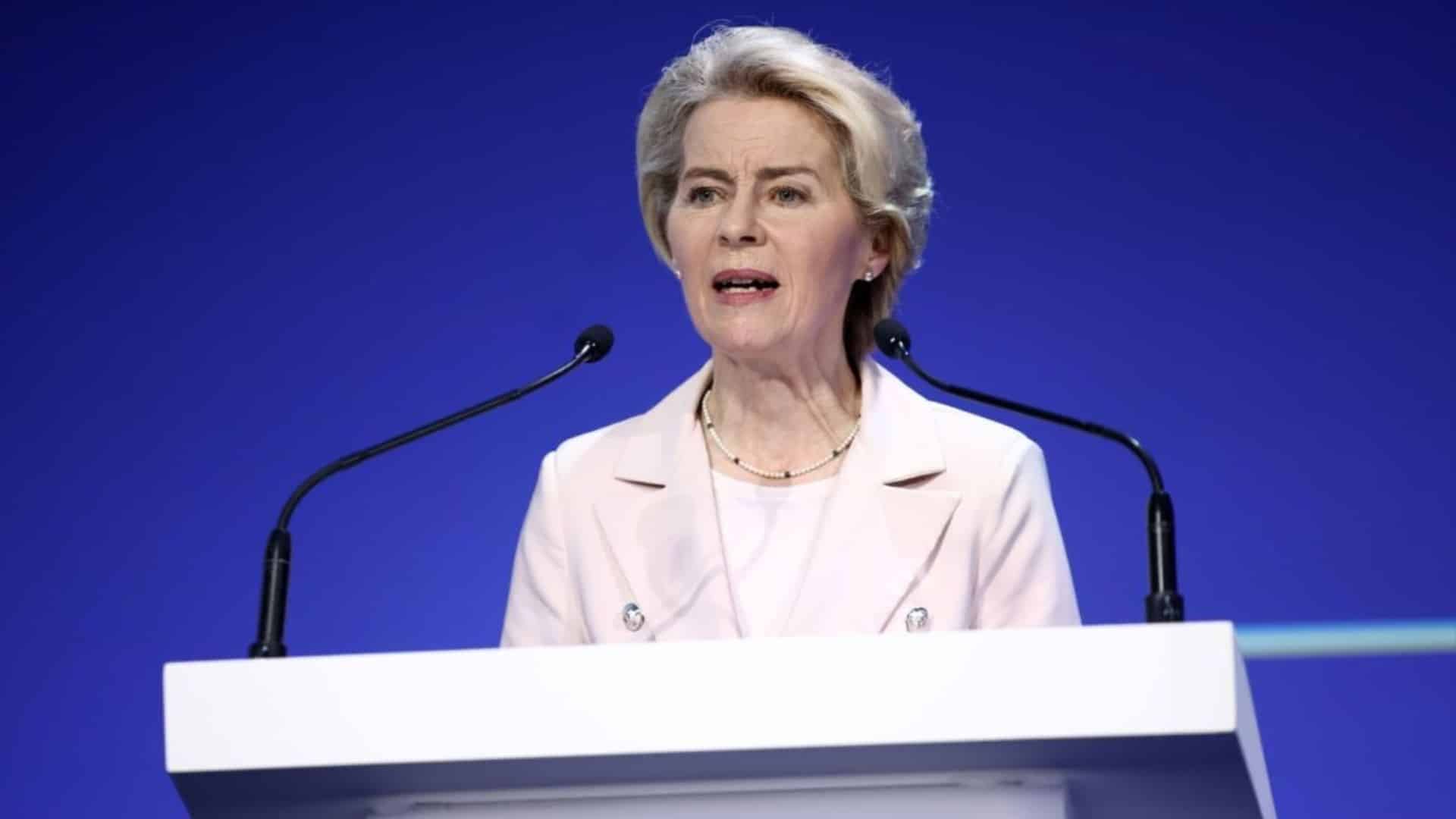
CJEU: Cancellation of a flight due to the unforeseen death of the co-pilot does not exempt the airline from compensating passengers
The Court of Justice of the European Union (CJEU) has ruled that the cancellation of a flight due to the unforeseen death of the co-pilot does not release the airline from its obligation to compensate passengers.
It states that such a death, however tragic, does not constitute an “extraordinary circumstance” but, like an unforeseen illness which may affect an indispensable member of the crew, is inherent in the normal exercise of the airline’s activity.
This is the answer of the Luxembourg Court to three questions referred for a preliminary ruling by the Regional Civil and Criminal Court of Stuttgart (Germany) – the Landgericht Stuttgart – in February 2022 on the interpretation of Article 5(3) of Regulation (EC) No 261/2004 establishing common rules on compensation and assistance to air passengers in the event of denied boarding and of cancellation or long delay of flights.
The German court referred the questions for a preliminary ruling in the context of several disputes between undertakings providing legal assistance to air passengers, flightright GmbH (Case C-156/22) and Myflyright GmbH (Cases C-157/22 and C-158/22), and TAP Portugal, an operating air carrier, concerning the carrier’s refusal to compensate passengers for the cancellation of their flight.
I wanted the CJEU to clarify whether the sudden death of a co-pilot shortly before the scheduled departure of the flight can constitute an extraordinary circumstance within the meaning of that provision.
You can access the CJEU ruling of 11 May by clicking here.
Advocate General Laila Medina, Advocate General of the CJEU, gave the same opinion.
THE CASE
The facts date back to 17 July 2019, when TAP Portugal was due to operate a flight at 6.05 a.m. between Stuttgart (Germany) and Lisbon (Portugal).
That same day, at 4.15 a.m., the co-pilot of the flight was found dead in his hotel room bed. The entire crew was shocked by this event and declared unfit to fly and the flight was cancelled.
A replacement crew flew from Lisbon at 11.25am to Stuttgart, where it arrived at 15.20pm. Passengers were then transferred to Lisbon on a replacement flight scheduled for 16:40.
Some passengers on the cancelled flight assigned their rights arising from the cancellation to companies providing legal assistance to air passengers. TAP refused to pay those companies the compensation provided for in the regulation on air passengers’ rights, on the ground that the unforeseen death of the
the co-pilot was an extraordinary circumstance exempting the air carrier from its obligation to pay compensation.
THE CLARIFICATION OF THE CJEU
In its judgment, the CJEU recalls that measures relating to the air carrier’s staff responsible for operating a flight, including measures relating to the planning of crews and staff working hours, form part of the normal exercise of the air carrier’s activities.
Since the management of the unforeseen absence, through illness or death, of one or more members of staff essential to the operation of a flight, even shortly before departure, is intrinsically linked to the question of crew planning and staff schedules, that absence is inherent in the normal exercise of the activity of the air carrier responsible for operating the flight and does not, therefore, fall within the concept of ‘extraordinary circumstances’.
It follows that the air carrier is not exempted from its obligation to compensate passengers, it explains.
The CJEU states that, however tragic and extreme it may be, the situation of an unforeseen death is legally no different from a situation in which a flight cannot take place because that member of staff has fallen ill, unexpectedly, shortly before the departure of the flight.
Thus, it states that it is the absence itself, and not the precise medical cause of that absence, which constitutes an event inherent in the normal exercise of that carrier’s activity, so that the carrier, when planning its crews and the working hours of its staff, must take into account the occurrence of this type of unforeseen event.
The CJEU adds that the fact that the crew member in question had passed without restriction the periodic medical examinations prescribed by the applicable legislation cannot undermine that conclusion, since any person may at any time fall victim to unforeseen illness or death.












